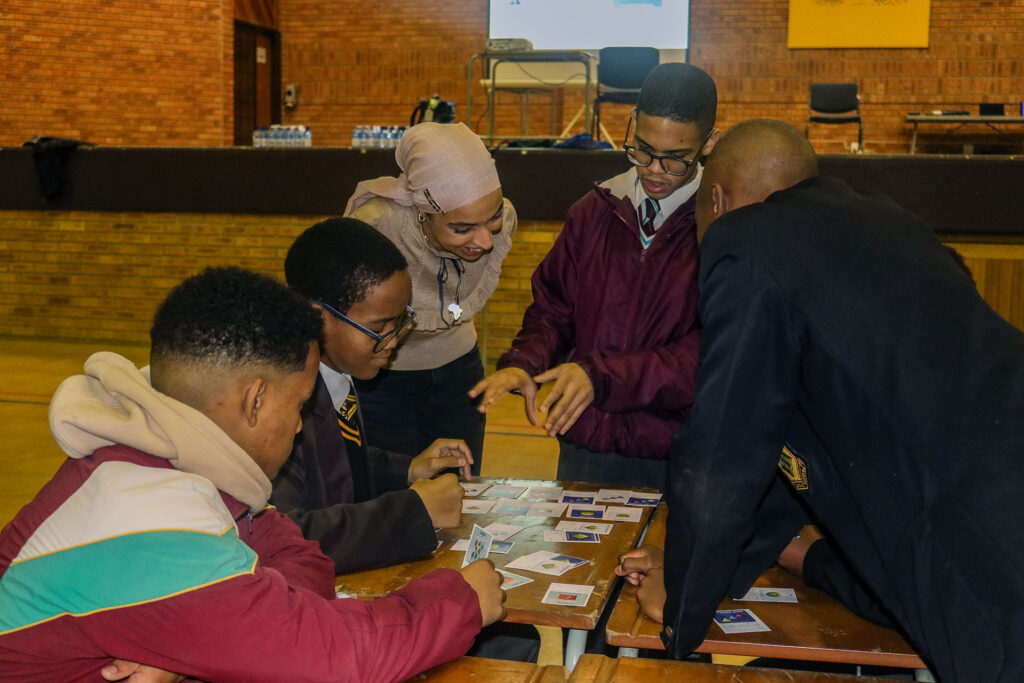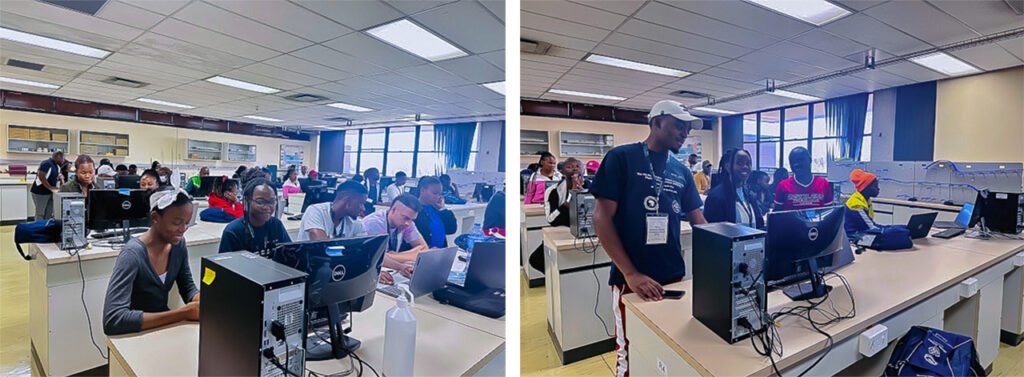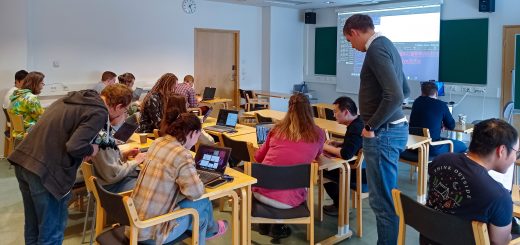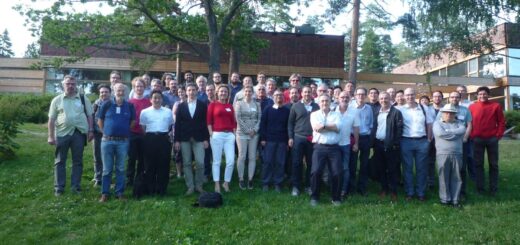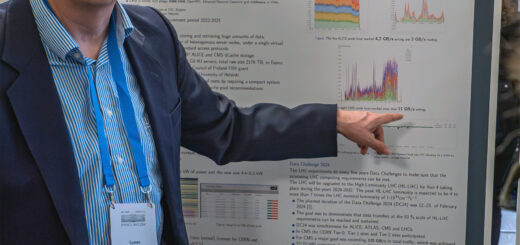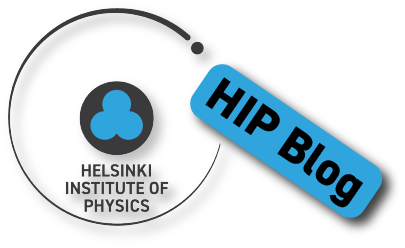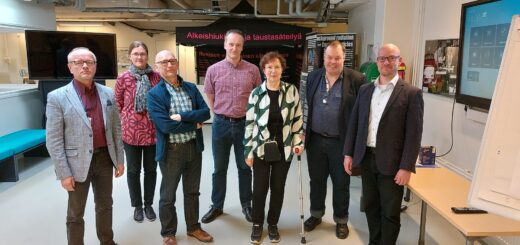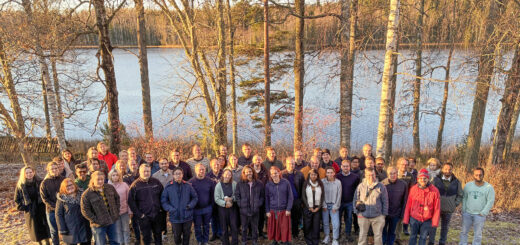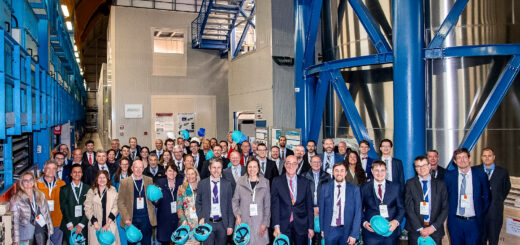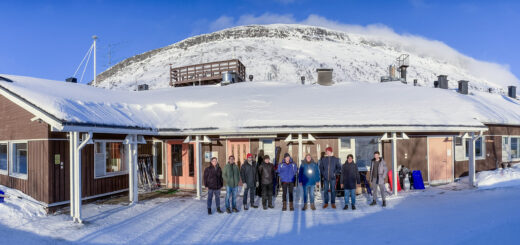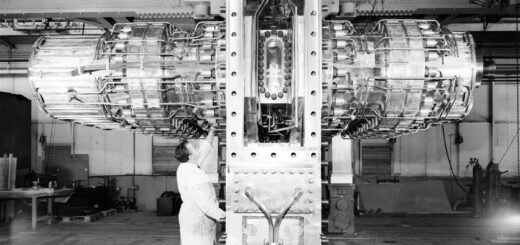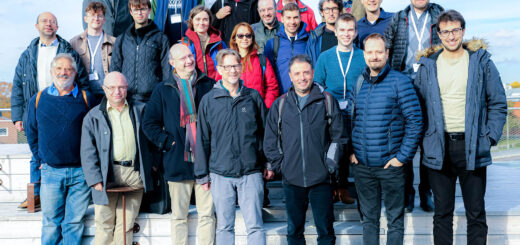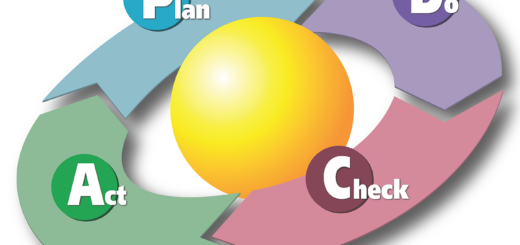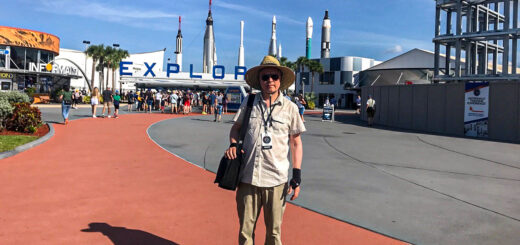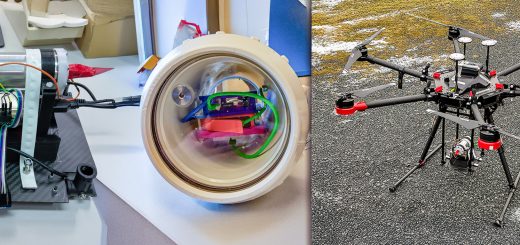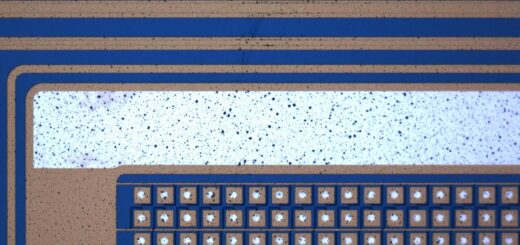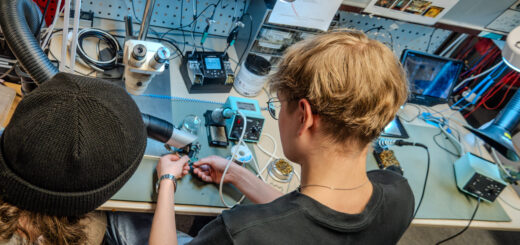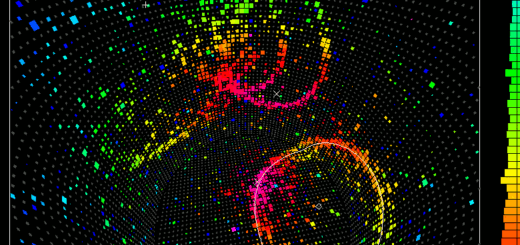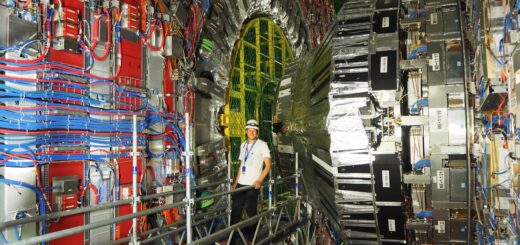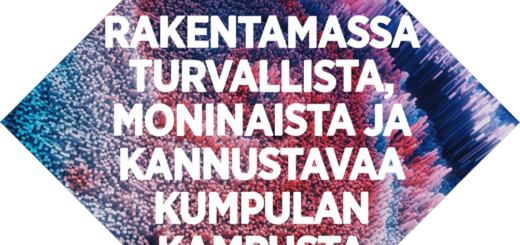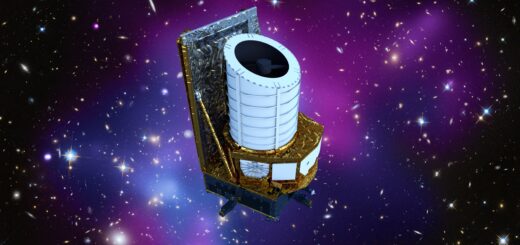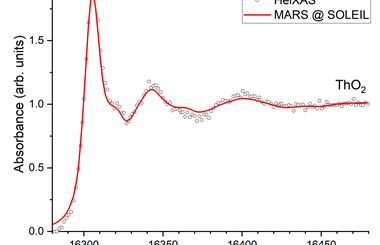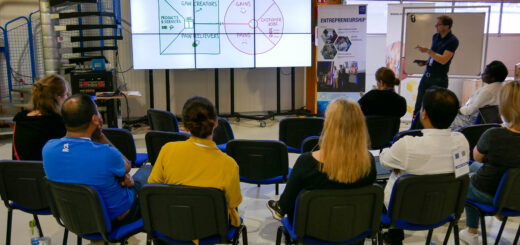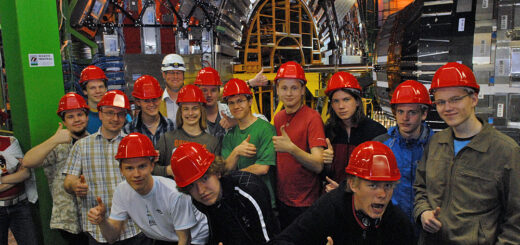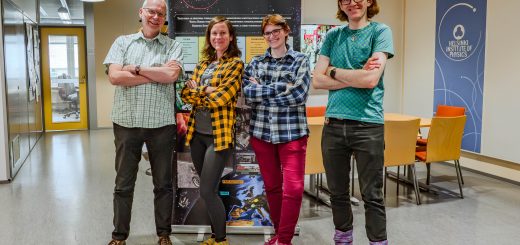I didn’t know a physicist could look like you!
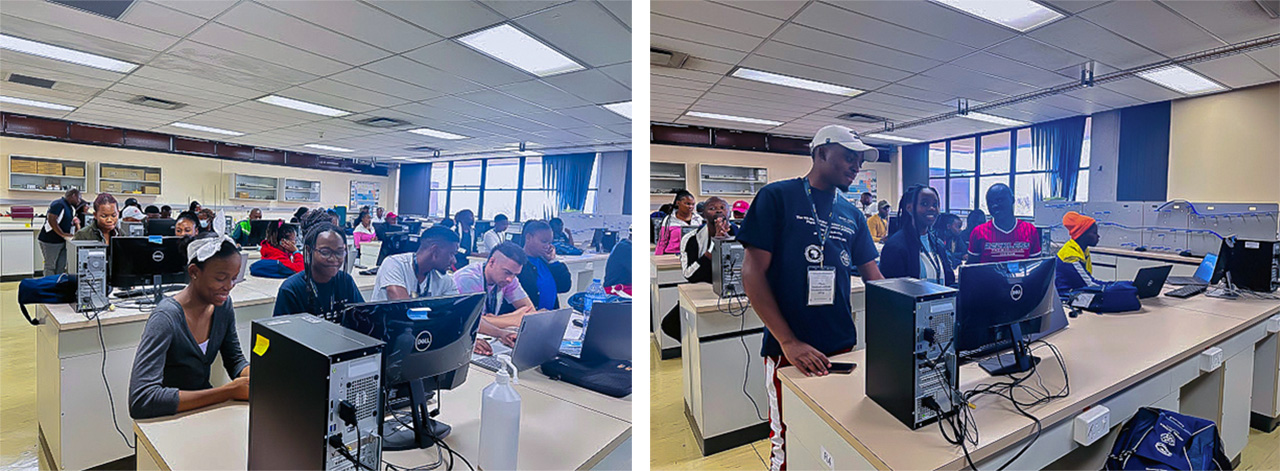
In July 2016, I had the privilege of participating as a student in the African School of Fundamental Physics and Applications (ASP) held in Kigali, Rwanda. It was there that I had a lot of useful discussions with Dr. John Apostolakis from the Geant4 collaboration. I had the honor of returning to the 2022 edition ASP2022 at the Nelson Mandela University (NMU), in Port Elizabeth, South Africa as a lecturer!
The ASP is a three-week biennial event organized in different African countries— this event consists of a two-week intensive school, complemented with a one-week African Conference on Fundamental and Applied Physics (ACP).
The ASP2022 scientific program was organized as a series of plenary and parallel sessions, hands-on tutorials and experiments, in fundamental and applied physics: particles and related applications, light sources and their applications and cross-cutting fields covering accelerator physics, computing, instrumentation and detectors. These areas of fundamental and applied physics were selected, considering the three major physics areas of interest in Africa defined by the African Physical Society (AfPS).
Over 190 of Africa’s top final-year and postgraduate physics, engineering and computer science students were selected; 94 participated in-person and 97 participated online. The students were selected from 416 applicants from 41 African countries competitively by an international committee of physicists, with attention to funding agency requirements, female-to-male ratio, geographical balance across Africa, and promotion of candidates from the “Least Developed Countries” in Africa. Selected students spent two weeks doing intensive hands-on training and participating in lectures from about 60 international experts.
Last December 2022 marked the sixth anniversary of my dream coming true. At the end of ASP2016, I wrote a report, where I mentioned “I would like to attend more progressive activities like ASP and give a Geant4 tutorial”, and it has happened in the ASP2022 edition; it was a privilege to give a series of lectures on Events Generation & Detector Simulation using Geant4—a simulation toolkit. My portion of the school was built to show and teach students how to develop a user application. The tutorial alternated theoretical (lectures) with practical (hands-on) for development of a user application. The goal was to learn step by step using the Geant4 toolkit and developing a Geant4 application. I led the students through a variety of exercises that showed main subject (eg. geometry, physics processes etc.) and another complementary one (visualization, user interfaces etc.). While many of these concepts were new to most students, it was encouraging to see them pick up on the concepts and begin to understand how this toolkit could be used to further their own research.
On the ASP2022 Forum Day, I was delighted to give a detailed presentation on the African School of Physics and its initiatives and programmes. This year’s forum was dedicated to discuss sustainability of ASP and capacity development & retention in Africa—with the participation of policymaker representatives from Morocco, Senegal, Ivory Coast, Burkina Faso, Benin and South Africa (DSI, NRF, SAIP, SANSA, NMU), and international delegates from Africa, Europe and the U.S. At the conclusion of the ASP2022 Forum, we enjoyed a gala dinner, sponsored and hosted by NMU, where I was among a few ASP alumni to give short speeches on their experiences and feedback.
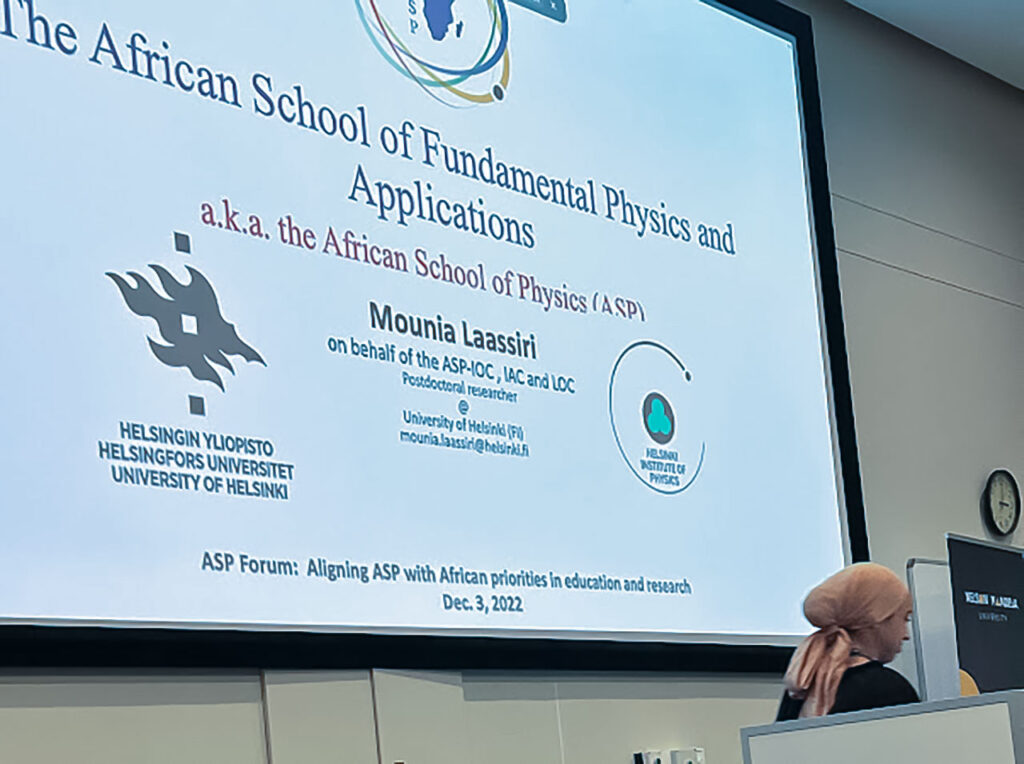
The ASP scientific program also included an outreach program to motivate pupils to develop and maintain interest in physics. Upwards of 230 learners from around Gqeberha participated in this program on Dec 5-9, 2022. It was impressive to note the learners’ enthusiasm in fundamental and applied physics at such an early stage. Learners’ daily activities included Particle Cards, Cosmic Muon experiment, Particle-Collision activity and Q&A session. One day, at the end of the program, a girl learner whispered in my ear: “I didn’t know a physicist could look like you. I always thought they were male, with crazy hair and dusty lab coats. But you… are a young woman, dress well, look normal, and don’t even need a lab coat”. Those words proved one more time the need to improve female representation in the physics field, and the importance of physics communication to any audience.
Attending inspirational sessions of the exciting ASP2022 program brings an in-depth knowledge of the beauty of fundamental and applied physics. I would like to extend my heartfelt gratitude to prof. Hanna Vehkamäki (Vice-dean of equality and wellbeing) and prof Filip Tuomisto (HIP technology programme leader) for covering my travel from their budgets, to Doc. Eija Tuominen (Director, Detector Laboratory), who worked tirelessly to process the travel coverage alongside Prof. Katri Huitu (Director, HIP), and to my advisor: Prof. Peter Dendooven (POSEIDON project leader) who supported my participation and who made a lot of efforts for follow-up.
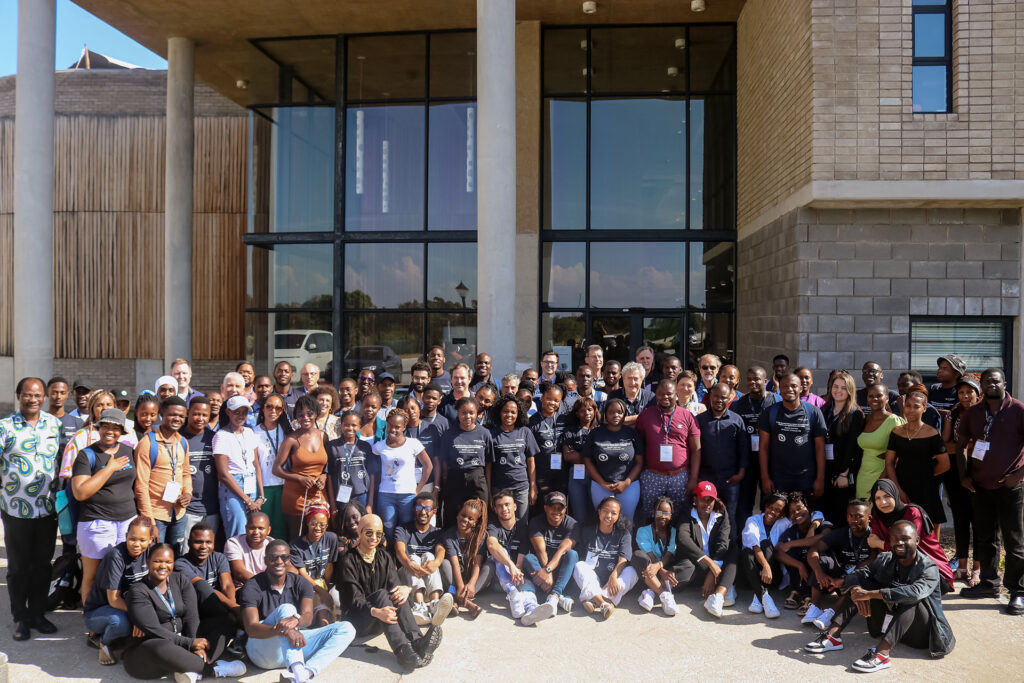
The end of these two- or three-weeks doesn’t mean the end of the ASP. The ASP maintains a network of alumni and mentors to connect participants with extended opportunities when there is no term school. Many African students are interested in studying physics but may not have access to specialized learning opportunities. The ASP provides Alumni with these opportunities, to help prepare them to find practical answers to academic challenges. Through this program, many Alumni go on to give back to their communities in Africa and become collaborators for international projects—including research projects at Brookhaven National Laboratory (BNL), Fermi National Laboratory (FNAL) and the other American and non- American laboratories.
Amongst many things, I learned (re-learned) that “The sky’s the limit: you can build your own tool, but it won’t be easy”.
Mounia Laassiri
Postdoctoral Researcher
Helsinki Institute of Physics, University of Helsinki


